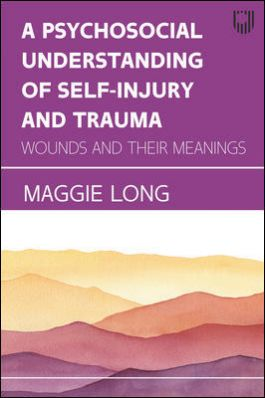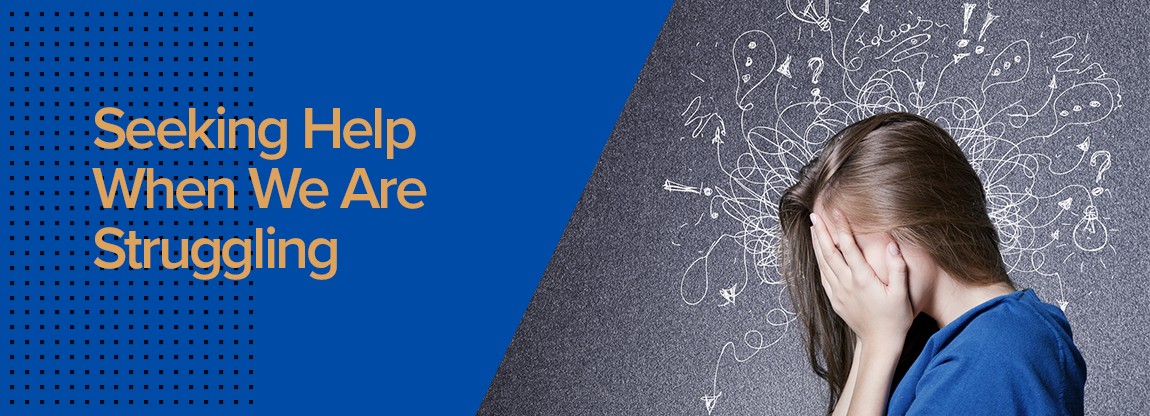Seeking Help When We Are Struggling
Seeking Help
When we are struggling with our mood, feelings or the demands and pressures of life it can be very difficult to reach out and ask for help. We often feel a range of different worries about talking to someone.
- What will they say?
- How will they react?
- Will they judge me?
- Will they criticise me?
- What will they do to me?
- Will they expect me to say more than I am able to?
These types of thoughts and feelings often come from the way we have been treated in the past or how we have seen other people be treated. Therefore, these fears are legitimate, they are based on experience.
We Deserve Respect and Understanding
It is important to know that we deserve to be treated with respect and understanding when we seek help from professionals.
- We deserve to be listened to.
- We deserve to have our wishes and needs responded to with care.
- We deserve non-judgment and acceptance.
- We deserve to be helped.
Social Stigma
The stigma surrounding mental health issues has been well documented in the media in recent years. Stigma is when a person (or group of people) is treated differently or as ‘less than’ based on certain characteristics that they hold. Stigma operates in different ways. People face stigma in relation to many things, for example: their appearance, their class, race, religion, sexuality, sexual identity, and indeed mental health status. Stigma underpins stereotype, prejudice, and discrimination. Stigma creates the context for racism, ableism, sexism, bigotry, and so forth, within society. In the end, stigma and its enactment in stereotype, prejudice, and discrimination benefits those in positions of power, by pitting ‘us against them’, and thus reinforcing the mindset that some people are more deserving of care and help than others.


Self-Stigma and Shame
When we have been the target of stigma, that is when we have experienced stigma (been stigmatised) or we expect to be the target of stigma (anticipated stigma), we can feel internalised or self-stigma. Self-stigma is when we judge and criticise ourselves for aspects of ourselves, our characteristics or identity. When this happens, we might feel shame, the feeling that we are fundamentally ‘not good enough’. Shame can stop us from recognising that we deserve help, respect, and acceptance. Shame can also give us an urge to hide aspects of our identity or our behaviours. For example, “I don’t want anyone to know that I have depression” or “I have to lie about how I got these injuries”.
Of course, we all have a right to decide what we share about ourselves and to whom.
We all would benefit from understanding that we do have to choose carefully what we disclose and to whom.
Yet we also need to recognise that we deserve care and help, particularly when we reach out to those trained to provide it. It is often at this point of reaching out to another person that we feel most vulnerable.


When We Seek Help
If the care we receive is less than adequate, if we feel hostility or judgment, we have a right to leave and go elsewhere. There are other people we can turn to, to get the help we need.
We all deserve better than to be the targets of stigma when we seek help.
There are many people in professional and pastoral roles, who genuinely want to support people with their mental health and emotional wellbeing.
Seeking the Help you Need
Addressing stigma is not about the actions of one person. It is not your responsibility to 'stamp out' stigma by speaking out. It is a societal responsibility to challenge the ‘us and them’ mentality, that in the end only benefits those in power.
In the meantime, beginning to recognise that you are absolutely, good enough, and deserving of care, is a hugely important step to take, for you to seek and access the help you need.
Dr. Maggie Long is a lecturer at Ulster University, Ireland. Her work is cross-border and interdisciplinary, drawing on her background in both sociology and counselling.
A Psychosocial Understanding of Self-injury and Trauma, is available for puchase now.




